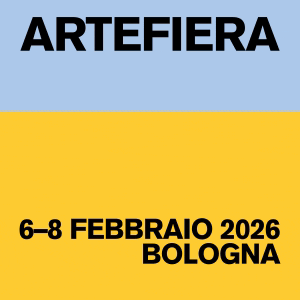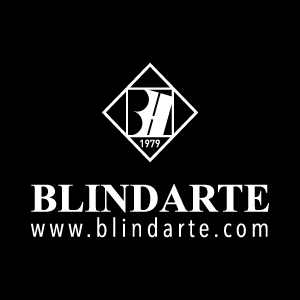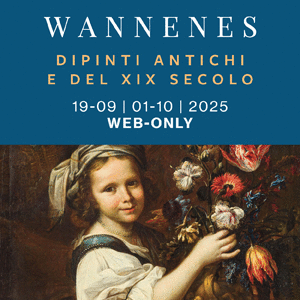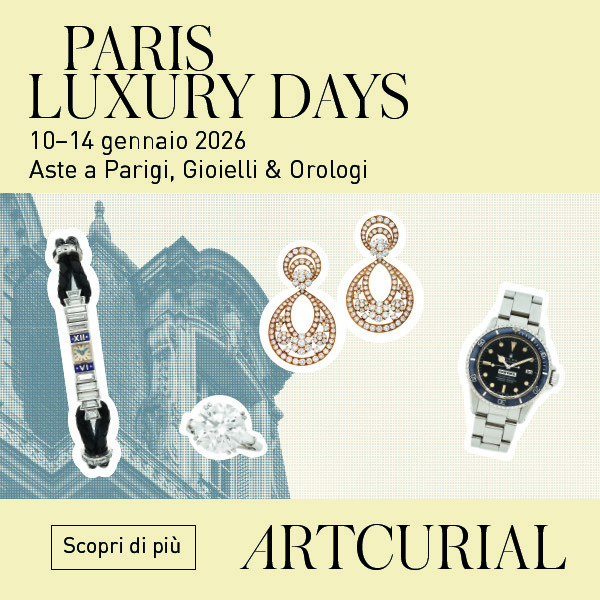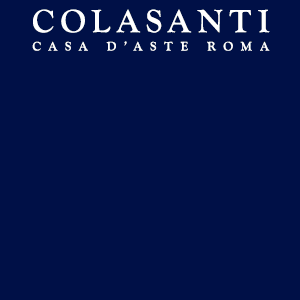 Following its unveiling in New York, The Victory of David over Goliath – a rediscovered masterpiece by Sebastiano Ricci (1659-1734), a leading protagonist of the Venetian Settecento – will go on public view in Europe for the first time at Moretti Fine Art, 2a-6 Ryder Street, St James’s, London, during Master Paintings Week, 28 June to 5 July 2013.
Following its unveiling in New York, The Victory of David over Goliath – a rediscovered masterpiece by Sebastiano Ricci (1659-1734), a leading protagonist of the Venetian Settecento – will go on public view in Europe for the first time at Moretti Fine Art, 2a-6 Ryder Street, St James’s, London, during Master Paintings Week, 28 June to 5 July 2013.
Master Paintings Week (MPW), now in its fifth year and already an important event in the London art calendar, is a successful collaboration between twenty leading dealers and three international auction houses highlighting the extraordinarily wide selection of European paintings dating from the 15th to the 20th centuries available in London. During MPW special exhibitions and other events will be staged by the dealers, all of whom are situated a short walk from one another in the heart of London’s Mayfair and St James’s.
David’s slaying of Goliath is one of the most famous duels narrated in the Bible – celebrated as a symbol of the victory of ideals over reality, of life over death, of the very poetry of life itself. David’s unexpected success made him a hero among the Jews. King Saul granted him the hand of his daughter, thereby ensuring that David succeeded his father-in-law to become the second king of Israel.
The head of the giant Goliath, the most fearsome warrior of the Philistine army, is placed triumphantly in the foreground to the right of David, the shepherd-boy of Judah who had accepted and won the challenge made to the Jews by Goliath himself. For David, a staff, a sling and five smooth stones were all that was needed for him to defeat Goliath, who was almost three metres tall, clad in a bronze helmet and armour with an enormous sword. David approached the Philistine and, using his sling, he hurled the first stone, knocking out his adversary while the second stone smashed into the giant’s forehead, and he slumped to the ground. The third stone shattered Goliath’s skull and, with his enemy’s own sword David cut off his head. In this work, unpublished until now, the finely chiselled sword is placed diagonally to draw in the observer, emphasising the size of the object which proved useless against the intelligence, cunning, courage and faith of the young shepherd from Bethlehem.
Born in Belluno, Ricci went to Venice at the age of fifteen but hastily departed in 1681, having impregnated two women, one of whom he tried to poison. However, this was not his only brush with the law. In Bologna Ricci fell in love with the daughter of the landscape painter Antonio, with whom he fled to Turin, abandoning his wife and daughter. Ricci was denounced, arrested and sentenced to death for abduction and bigamy. Only the intercession of the Duke of Parma saved him, the punishment being his banishment from the city of Turin. Later, he was active in many Italian cities (Bologna, Rome, Florence), and also abroad (London, Paris, Vienna). His English works have either been largely lost or damaged, although there remains the great fresco of the Resurrection in the Chapel of the Royal Hospital (Chelsea) and some great canvases on the staircase of Burlington House (now the Royal Academy). He returned to settle permanently in Venice in 1717.
The success of Master Paintings Week, which attracts collectors, curators and art historians as well as enthusiasts from all around the world, has led to a collaboration with Master Drawings and Sculpture Week to create London Art Week, a platform that further illustrates the extraordinary range and quality of fine art from the 15th to 20th centuries on the market in London. Another 2013 initiative is the Master Paintings Week Directory, a free pocket-sized publication available via www.masterpaintingsweek.co.uk. The free iPhone and iPad appshave an interactive map and GPS showing not only the participating galleries and auction houses, but also hotels and restaurants in the area. Both the apps and website are synchronised via DigitisedArt so are continually updated.
Opening hours:
Galleries: Monday to Friday 10 am to 6 pm, Saturday 10 am to 5 pm, Sunday 12 noon to 5 pm
Auction houses: Monday to Friday 9 am to 4.30 pm, Saturday and Sunday 12 noon to 5 pm





